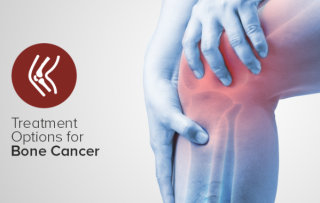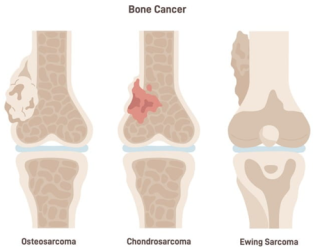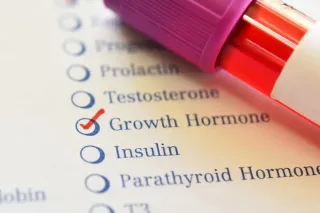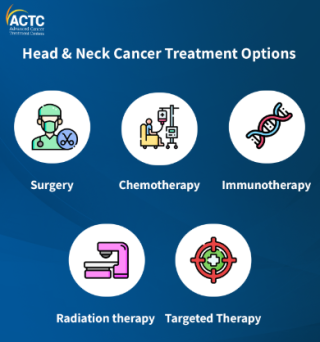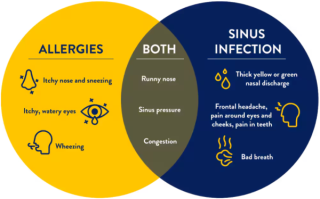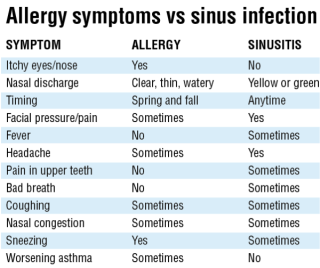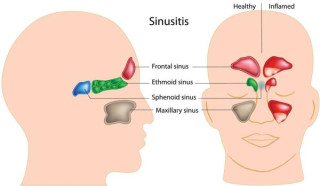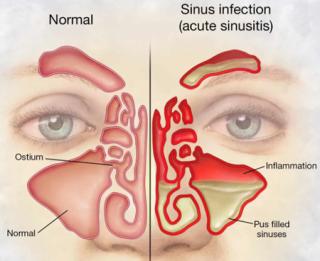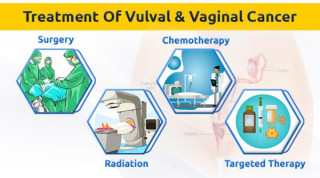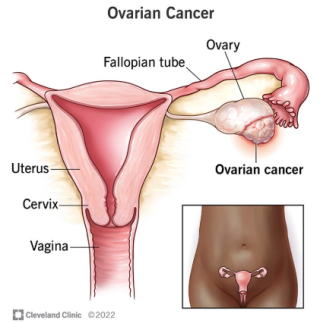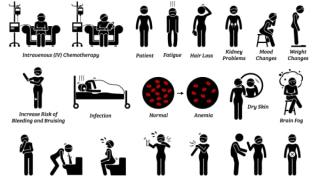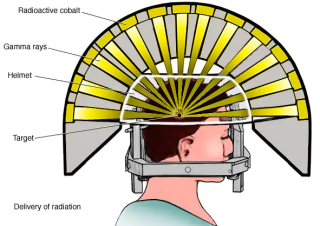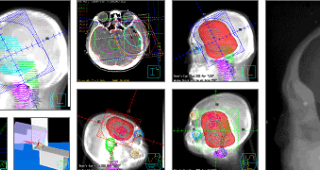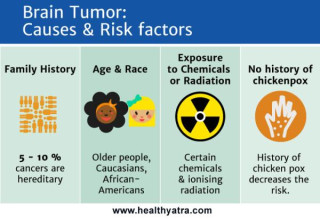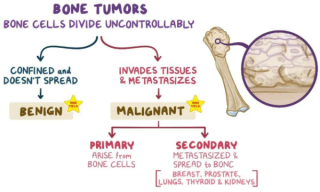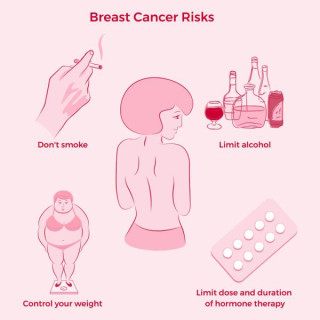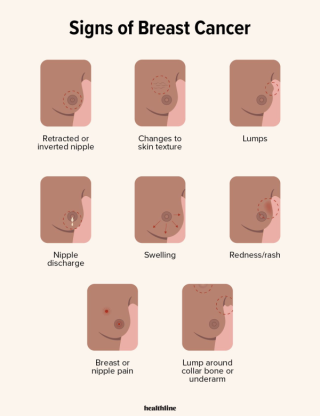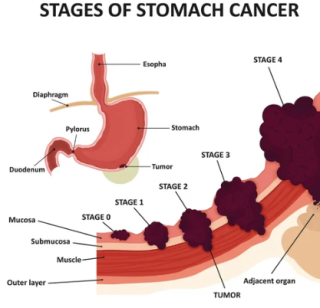Exploring Treatment Options for Bone Cancer: A Comprehensive Guidecreated at May 03, 2009 1,562 1,562 Treatment for bone cancer depends on several factors including the type and location of the cancer, |
What are the symptoms of bone cancer?created at May 03, 2009 1,248 1,248 Bone cancer symptoms vary depending on the location and type of cancer, |
How is bone cancer diagnosed?created at May 03, 2009 1,412 1,412 Bone cancer diagnosis begins with a thorough medical history and physical examination, |
How is Hodgkin's disease treated?created at May 22, 2009 1,396 1,396 Hodgkin's disease treatment depends on the stage and type of the disease, |
Essential Guidelines for Those Undergoing Growth Hormone Therapycreated at May 14, 2009 1,391 1,391 Successfully undergoing growth hormone therapy requires diligent adherence to prescribed dosages and administration schedules, |
Exploring Treatment Options Beyond Surgery for Head and Neck Cancerscreated at May 09, 2009 1,288 1,288 Treatment options for head and neck cancers beyond surgery include radiation therapy, |
Sinus Surgery: When Is It Necessary?updated at Nov 09, 2025 1,382 1,382 A small subset of individuals suffering from chronic sinusitis may find themselves unresponsive to even the most comprehensive medical treatments.Research suggests that, |
Exploring the Controversial Link Between Food Allergies and Sinusitiscreated at May 08, 2009 1,292 1,292 While not definitively proven, |
Understanding the Interplay Between Allergies and Sinusitiscreated at May 08, 2009 1,396 1,396 Allergies and sinusitis frequently interact, |
Managing Expectations: How Long Until You Feel Better with Sinusitis Treatmentcreated at May 08, 2009 1,359 1,359 One common question that arises among individuals undergoing treatment for sinusitis is, |
Navigating Side Effects from Sinusitis Medications: What You Need to Knowcreated at May 07, 2009 1,433 1,433 Sinusitis medications, |
Exploring the Rise in Sinusitis: Understanding the Factors Behind the Increaseupdated at Nov 08, 2025 1,412 1,412 The Alarming Increase in Sinusitis CasesIn recent years, |
Unveiling the Culprits: Understanding the Causes of Sinusitisupdated at Oct 30, 2025 1,338 1,338 Sinusitis, |
Side Effects of Vulvar Cancer Chemotherapyupdated at Nov 08, 2025 1,437 1,437 Chemotherapy for vulvar cancer can lead to a variety of side effects, |
Exploring Three Vulvar Cancer Treatmentscreated at May 05, 2009 1,304 1,304 Three common treatments for vulvar cancer include surgery, |
Navigating Ovarian Cancer Treatment - Key Questions to Ask Your Doctorcreated at May 05, 2009 1,420 1,420 Ovarian cancer treatment depends on the stage, |
Navigating the Side Effects of Cancer Treatmentcreated at May 04, 2009 1,526 1,526 Cancer treatment, |
Precision Treatment: Understanding Stereotactic Radiosurgery for Brain Tumorscreated at May 04, 2009 1,425 1,425 Stereotactic radiosurgery (SRS) is a precise radiation therapy technique used to treat brain tumors and other lesions.It delivers a highly focused, |
Exploring Chemotherapy: A Powerful Weapon Against Cancercreated at May 04, 2009 1,359 1,359 Chemotherapy, |
Understanding the Side Effects of Brain Tumor Treatmentcreated at May 04, 2009 1,469 1,469 Brain tumor treatments, |
Understanding Radiation Therapy for Brain Tumorscreated at May 04, 2009 1,479 1,479 Radiation therapy for brain tumors uses high-energy radiation to kill cancer cells and shrink tumors.This can be delivered externally through a linear accelerator (external beam radiation therapy) or internally via implanted radioactive seeds (brachytherap... |
Unraveling the Enigma: Exploring the Causes of Brain Tumorscreated at May 03, 2009 1,505 1,505 The precise causes of brain tumors remain largely unknown, |
Demystifying Bone Tumors: Understanding Benign and Malignant Varietiescreated at May 03, 2009 1,339 1,339 Bone tumors are growths that develop in bone tissue, |
Understanding Your Risk: How Likely Are You to Get Breast Cancer?created at May 03, 2009 1,323 1,323 Your risk of developing breast cancer depends on many factors, |
Recognizing the Red Flags: Warning Signs for Breast Cancercreated at May 03, 2009 1,404 1,404 Warning signs of breast cancer can include a new lump or thickening in the breast or underarm, |
The basic information for Stomach cancercreated at May 03, 2009 1,386 1,386 Stomach cancer, |
